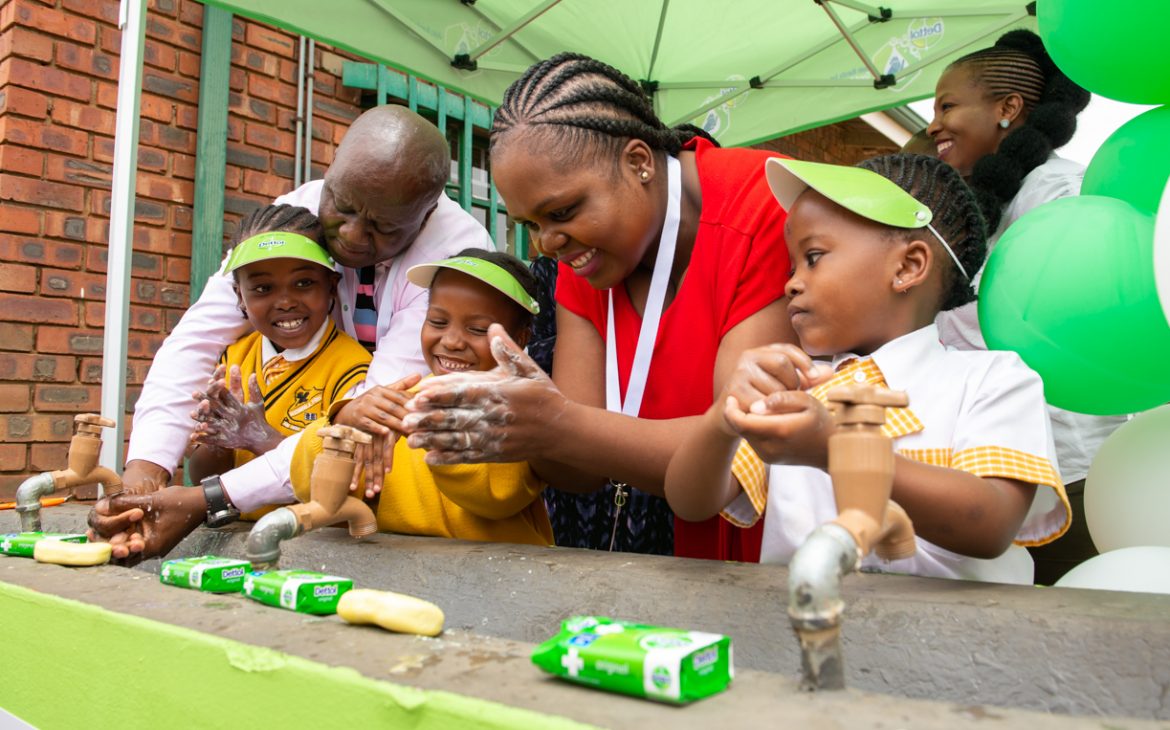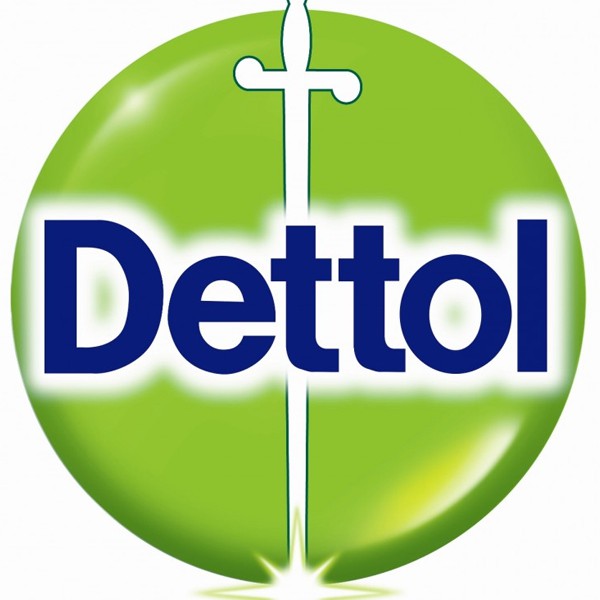As the lifesaving importance of handwashing becomes ever clearer, Dettol and Pick n Pay have come together to cultivate this healthy habit among young South Africans, aiming to inspire 1 million handwashes in October 2019.
The initiative is a partnership by Dettol’s Hygiene Programme for Schools with PnP Schools Club. During the month of October, Dettol and Pick n Pay will visit 25 schools across the country, reaching 25 000 learners, contributing to the overall 1 million handwashes.
The nationwide campaign will drive home the message that handwashing is an easy, effective and affordable way to prevent serious diseases, including diarrhoea.
“Diarrhoea is the third leading cause of deaths among children under five and a major public health problem in South Africa1,” said Rajeev Khandelwal, Regional Director Africa, RB Health. “This is why this initiative is so important to us.”

Research shows that washing hands with soap and water is one of the most effective ways to prevent diarrhoea and can reduce diarrhoea deaths by more than 40%2.
“During the day, we pick up various germs on our hands, so it is important to make handwashing part of our daily routine. We are pleased to partner with this creative initiative for learners and to help grow healthy future leaders,” said Andre Nel, Pick n Pay’s general manager for sustainability.
As part of the initiative, primary schools across the country will receive handwashing stations, as well as handwashing kits to promote healthier hand-hygiene habits.
Dettol has run such programmes since 2006, teaching millions of South African children the importance of washing hands in preventing illness and how to do it effectively with soap and water.
“We do this because children are our most precious resource and we must protect them at all costs. The power of this partnership shows how the private sector can invest in our young people and create a brighter future for the country,” said Mr Khandelwal.
Dettol which is owned by the Pharmaceutical, Reckitt Benckiser is committed to partnering with the government and the private sector to help reduce diarrhoea illnesses and mortality by 50% by 2022.

